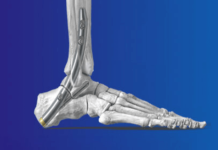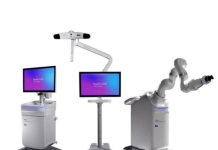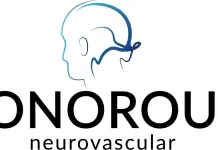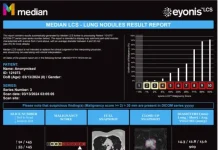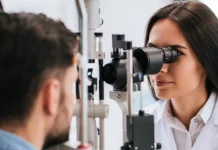Medical Microinstruments (MMI) announced it received FDA investigational device exemption (IDE) to study its microsurgery platform.
The FDA granted the IDE for a clinical study evaluating microsurgery intervention for Alzheimer’s disease. The REMIND (robotic-enabled microsurgical intervention for neurodegenerative disease) study will collect safety and effectiveness data for the Symani surgical robot system and microsurgical techniques. It evaluates Symani in reestablishing lymphatic drainage pathways in the deep cervical lymph nodes (dCLNs). Subjects have Alzheimer’s and confirmed lymphatic obstruction.
Related: Aqua Medical wins FDA IDE to launch trial for ablation procedure that treats diabetes
Symani provides advanced solutions for a range of open surgeries. That includes post-mastectomy breast cancer reconstruction, extremity reconstruction using free tissue transfer and lymphatic system repair. The company’s tiny NanoWrist instruments help to access and suture small, delicate anatomies.
Medical Microinstruments won FDA de novo clearance for Symani, covering soft tissue manipulation to perform microsurgery, in April 2024. The company has since reported a number of milestones for Symani, including the world’s first robotic microsurgical intracranial brain surgery. Last month, the company enrolled the first patient in a study for free flap reconstruction and lymphatic repair procedures.
“This FDA approval is more than a milestone for our company—it’s a signal of what’s possible in science when we bring together the right experts, technology, and research,” said Mark Toland, CEO of MMI. “We’re at the threshold of a new era in microsurgery; one where robotic precision could play a central role in unlocking novel treatment pathways for devastating diseases like Alzheimer’s. With REMIND, we’re just beginning to explore the extraordinary potential of robotic lymphatic intervention in redefining a critical standard of care.”
The REMIND feasibility study has a primary endpoint of device-related serious adverse events through 30 days post-procedure. Additional endpoints include adverse events, biomarker and imaging changes and cognitive assessments through six months.
According to a news release, recent discoveries demonstrated the need to understand lymphatic vessels in the central nervous system. Medical Microinstruments said robotics could further enable this potential therapeutic pathway for neurodegenerative diseases. It says the method could improve the clearance of harmful proteins like amyloid beta and tau. It could also serve as a treatment for Alzheimer’s disease.
The company says that very few surgeons can dissect and suture the small, delicate lymphatic vessels in a reproducible manner without robotic assistance. Medical Microinstruments’ approach involves establishing a precise connection of lymphatic vessels or lymphatic nodes in the neck to neighboring veins using Symani. This would enable the draining of neurotoxins from the brain and could support reduced variability in outcomes.
Medical Microinstruments plans to partner with leading research institutions in the U.S. and Europe for the study. It aims to initiate patient enrollment in REMIND “in the very near future.”
“The REMIND study offers the potential to open an entirely new chapter in the treatment of neurodegenerative disease,” added Kate Rumrill, chief scientific officer of MMI. “Bringing robotic precision to more surgeons stands to change patient lives and medicine. Initiating such critical research may help pave the way for further studies to explore the promise of lymphatic microsurgery in improving the lives of more than 7 million Americans impacted by Alzheimer’s and bringing renewed hope to the caregivers who support them every day.”
